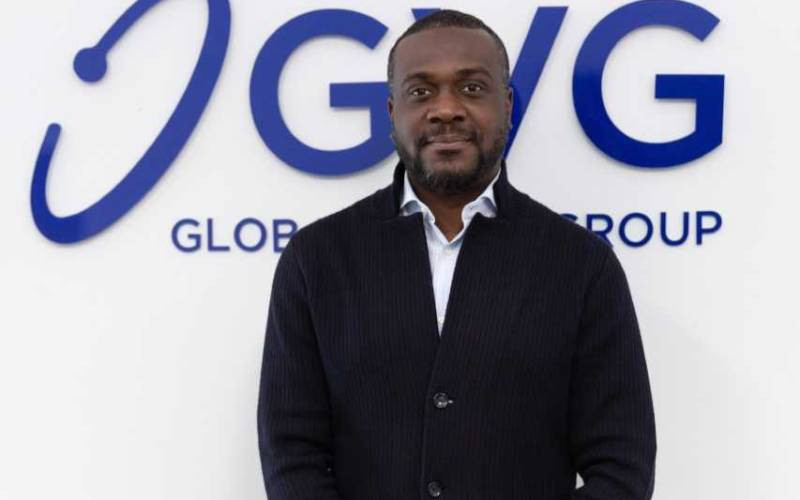France summoned the US ambassador yesterday to explain allegations by transparency lobby group WikiLeaks of what President Francois Hollande branded “unacceptable” spying on successive French leaders.
The latest revelations of espionage among Western allies come after it emerged the US National Security Agency (NSA) had spied on Germany and that Germany’s own BND intelligence agency had cooperated with the NSA to spy on officials and companies elsewhere in Europe.
Hollande held an emergency meeting with his ministers and army commanders after revelations the NSA had spied on the last three French presidents. Government spokesman Stephane Le Foll said a senior French intelligence official would be dispatched to the US to confirm the spying is over.
“France will not tolerate actions that threaten its security and the protection of its interests,” a statement from the president’s office said, adding it was not the first time that allegations of US spying on French interests had surfaced.
“Commitments were made by the US authorities. They need to be recalled and strictly respected.”
The French Foreign Ministry summoned the US ambassador.
After meeting Hollande, lawmakers told reporters the French leader had informed them he would speak with President Barack Obama later in the day.
A statement from the US National Security Council said it was not targeting and would not target Hollande’s communications but did not say whether spying had taken place in the past.
“We have to verify this spying has finished,” Le Foll told reporters. “Between allies this is unacceptable and incomprehensible. France does not spy on its allies.”
The revelations were first reported by French daily Liberation and on news website Mediapart, which said the NSA spied on presidents Jacques Chirac, Nicolas Sarkozy and Hollande between 2006 and May 2012.
According to the documents, Sarkozy considered restarting Israeli-Palestinian peace talks without US involvement and Hollande feared a Greek euro zone exit back in 2012.
Le Foll said Paris had not decided whether to launch legal proceedings as Germany had done but, amid calls from some quarters for retaliation, played down diplomatic consequences.
The documents included summaries of conversations between French officials on the global financial crisis, the future of the European Union, ties between Hollande’s administration and German Chancellor Angela Merkel’s government.
 The Standard Group Plc is a
multi-media organization with investments in media platforms spanning newspaper
print operations, television, radio broadcasting, digital and online services. The
Standard Group is recognized as a leading multi-media house in Kenya with a key
influence in matters of national and international interest.
The Standard Group Plc is a
multi-media organization with investments in media platforms spanning newspaper
print operations, television, radio broadcasting, digital and online services. The
Standard Group is recognized as a leading multi-media house in Kenya with a key
influence in matters of national and international interest.
 The Standard Group Plc is a
multi-media organization with investments in media platforms spanning newspaper
print operations, television, radio broadcasting, digital and online services. The
Standard Group is recognized as a leading multi-media house in Kenya with a key
influence in matters of national and international interest.
The Standard Group Plc is a
multi-media organization with investments in media platforms spanning newspaper
print operations, television, radio broadcasting, digital and online services. The
Standard Group is recognized as a leading multi-media house in Kenya with a key
influence in matters of national and international interest.





